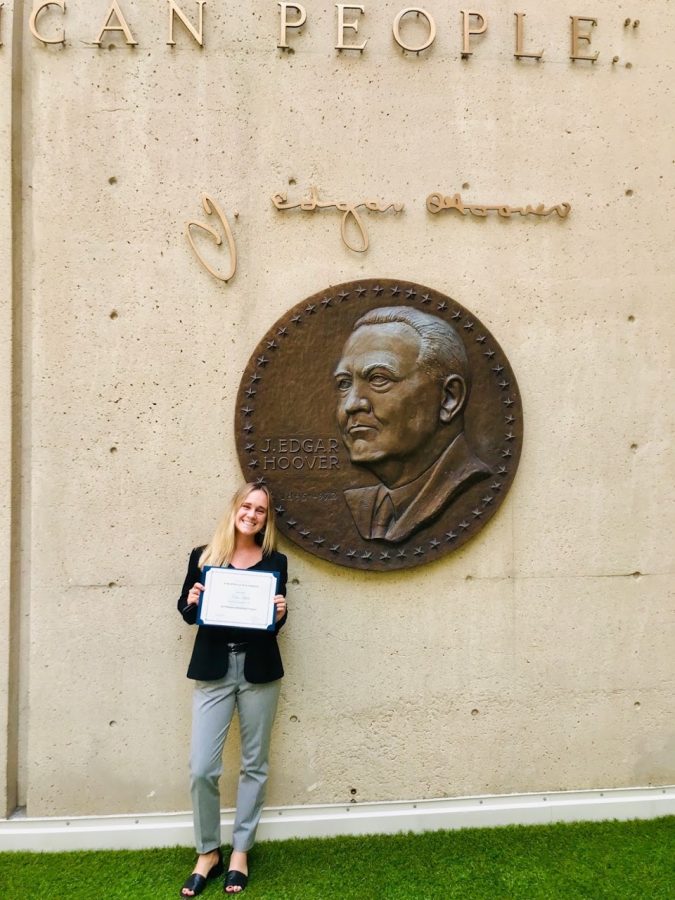Every single hot summer day from May to August, I made the one-and-a-half-hour daily commute to the company office and worked seven-hour days, five days a week. My work schedule was close to that of a full-time job. For reference, salaried communications assistants, with responsibilities almost exactly mirroring mine, in NYC are paid $59,000 per year, meaning a summer’s worth of work equates to $5,000. Between New Jersey Transit and subway rides, my commute cost me approximately twenty dollars a day, while the internship paid me a whopping zero dollars. Was it worth it for me to spend my own money to further my career experience? Did it provide an invaluable boost to my resume? Could my low-income peers afford the same opportunity? The short answer is no.
Vanderbilt has a reputation for admitting high-performing and overachieving students. It’s no surprise that most students here will have an internship at some point during their undergraduate careers. So why would a passionate, motivated and smart student choose to take a career opportunity with no benefits, no pay and no free time?
Don’t get me wrong, internships are valuable in giving students the opportunity to gain experience in a field they may be interested in pursuing. These opportunities will undeniably help them to diversify their portfolio with real-world experience and enhance their resume. Hands-on experience in a student’s career path can provide insight as to what company dynamics and cultures might be most suitable for their own growth. Trying out internships allows students to understand what their future career really entails and sometimes leads them to choose a different path. There is something intriguing about students competing for these nonpaid opportunities. With all the benefits an internship provides, is it worth it to sign up for one without any pay?
At many companies, interns often find themselves doing the “dirty work.” Perhaps, employers deem running errands, copywriting, researching, creating PowerPoints and Excel sheets unworthy of a wage or stipend due to their perceived lack of complexity. While temporary summer or semester internships may not require as much skill as postgraduate positions, it still is labor that requires time, effort and even a certain level of expertise. My personal experience included running errands, copywriting, researching, fact-checking and organizing. The labor performed by interns ultimately helps the company and frees up employees for other tasks, so why shouldn’t the student receive some sort of compensation?
It doesn’t make sense.
Many make the argument that onboarding interns is a cost incurred by the company and requires time, materials and attention. However, this is the same cost incurred when onboarding any employee. Interns also don’t require health care, a parking permit or other benefits of a full-time employee. Additionally, these costs should be considered a long-term investment in human capital, making sure interns develop into stellar employees with experience. Money Magazine estimated back in 2017 that internships cost interns around $6,200 in food, housing, transportation and various other expenses. For a college student already burdened by tuition and living costs, an unpaid career opportunity is not sustainable. Students are forced to push aside paying jobs in food service or retail for potential career advancement.
How is it ethical to force teenagers to choose between a livable wage and an opportunity to boost their resume?
Do unpaid internships perpetuate a system that pushes low-income students towards the bottom of the ranks? Should students have to be concerned about affording an internship? These are big-picture questions that are often overlooked when discussing the morality of unpaid internships. Students’ ability to accept their dream position depends on whether or not they are able to foot the cost of the commute to an unpaid internship or whether they can afford to not be making money week-to-week.. College students need paid work—unpaid jobs contribute to the cycle of systemic racial wealth gaps by favoring those with the means to afford exclusive opportunities. In many cases, young adults are responsible for covering housing near work, paying for food and the costs of commuting all without the chance to earn a dime. Many companies discuss how they are committed to diversity and inclusion while refusing to compensate interns. How can you be committed to diversity and inclusion while providing unequal opportunity for low-income applicants? Yes, a person can gain experience—but they are working for it and should be paid.
Are there any tenable solutions? Is there a middle ground for the unpaid student and the resource-scarce employer?
Some internships allow students to get university credit at the discretion of the school. Obtaining credit hours for internships is a good way to get one step closer to fulfilling graduation requirements without having to pay for those hours. Even if it doesn’t help students financially, their work during the internship will reduce their workload during the semester. However, Vanderbilt students incur a fee of $200+ to enroll in the one-credit course required to get the summer internship credit which negates some of the value it had in the first place.
Five days a week at work times $20 a day of commuting costs equals $100 out of a student’s pocket each week. During a seven week internship, this equates to $700 in traveling expenses alone.
While some internships offer a stipend for the student’s commute, this half-hearted gesture in no way can fully serve as adequate compensation for time and effort.
Back in 2020, the European Parliament banned unpaid internships. The U.S. government should follow this example and work to require internships to pay at least minimum wage. This would alleviate some of the stress students experience when choosing between career experience and maintaining their current cost of living. Earning money may eliminate the inequalities present when only some students are able to afford the not-so-hidden costs of an internship.
Vanderbilt students, you have so much to offer. Consider thinking twice before you undersell yourself for a job that won’t even pay for your train ride.














